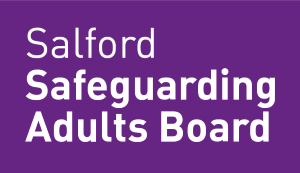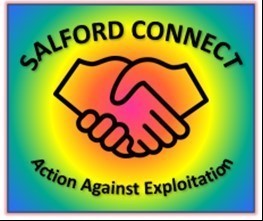'Modern Slavery' is the term used within the UK and is defined within the Modern Slavery Act 2015. The Modern Slavery Act categorises offences of Slavery, Servitude and Forced or Compulsory Labour and Human Trafficking.
Trafficking a person can means transporting someone across international borders, form one UK town or city to another or even just moving them a few streets. A person is still considered to be a victim of human trafficking if they have not yet been exploited but have been moved for the purpose of being exploited.
Human trafficking is defined by the Council of Europe Convention on Action against Trafficking in Human Beings as:
"the recruitment, transportation, transfer, harbouring or receipt of person by means of threat or use of force or other forms of coercion, of abduction, of fraud, of deception, of the abuse of power or of a position of vulnerability or of the giving or receiving of payments or benefits to achieve the consent of a person having control over another person for the purposes of exploitation. Exploitation shall include, at a minimum, the exploitation of the prostitution of others or other forms of sexual exploitation, forced labour or services, slavery or practices similar to slavery, servitude or the removal of organs'.
The Modern Slavery Statutory Guidance for England and Wales (published under Section 49 of the Modern Slavery Act) outlines the 3 components of adult trafficking. These are, the action, the means and the purpose of exploitation.
For child trafficking, only the two components of the action and the purpose of exploitation need to be present. This is because a child is unable to consent to what is happening.

There are a number of different types of exploitation that victims of modern slavery may be subjected to, and this could be multiple forms simultaneously. The government has published a typology of modern slavery offences, which includes:
- Sexual exploitation
- Labour exploitation
- Forced criminality (this could include county lines and cuckooing)
- Domestic servitude
- Debt bondage
- Organ harvesting

